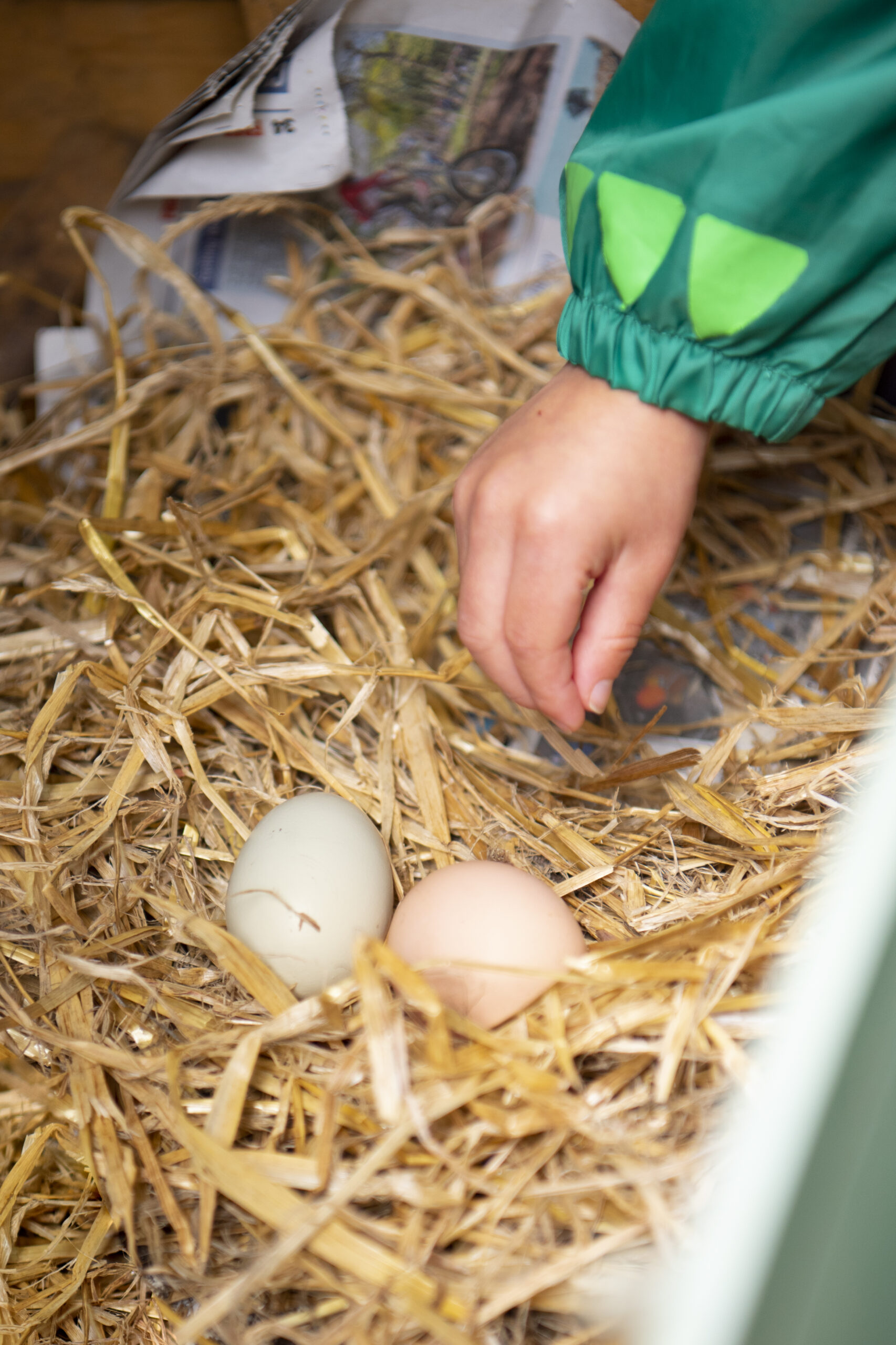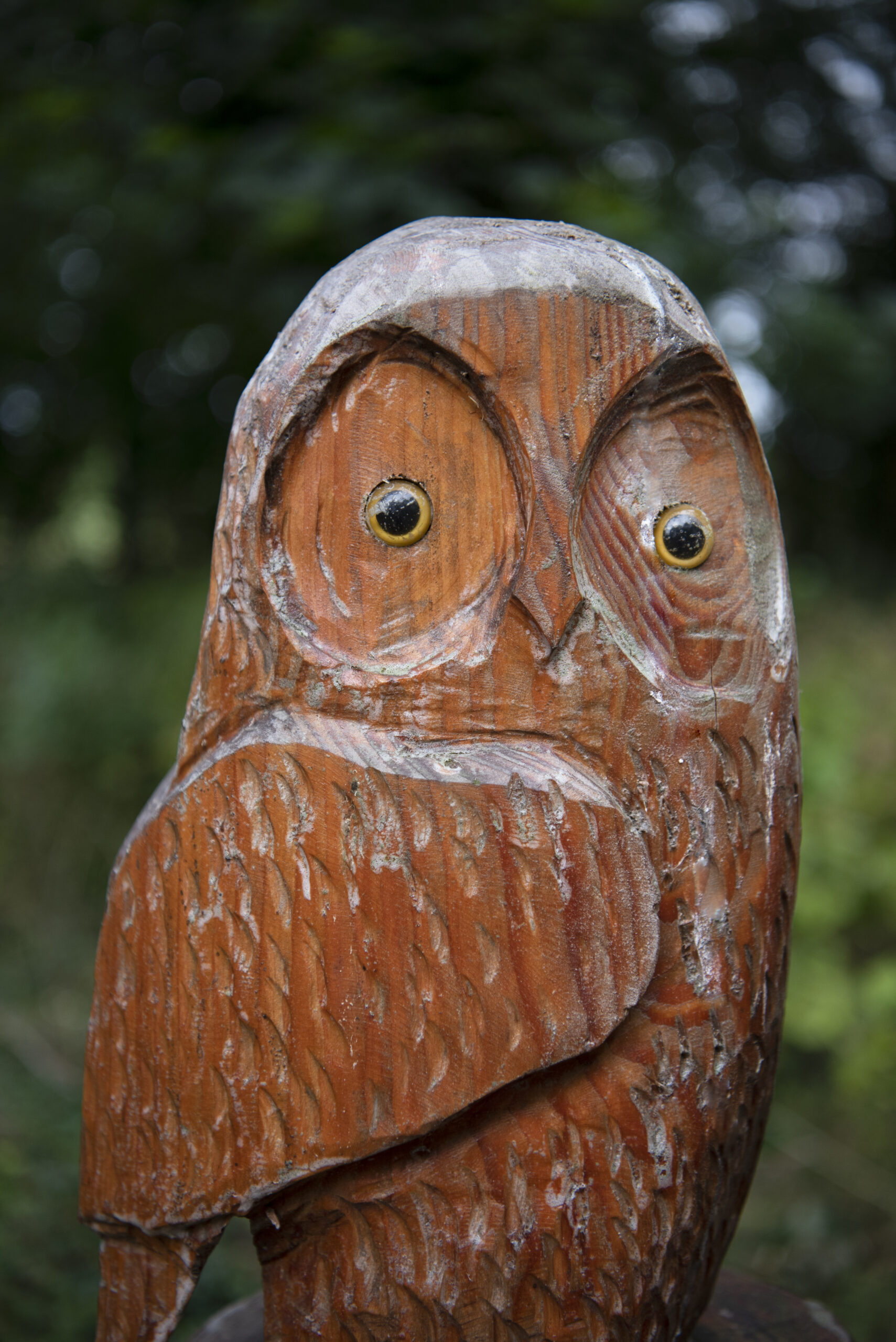‘inspired teaching for lifelong learning’
Forest Schools began in Scandinavia and, due to their popular success, the concept first took off in the UK late last century. Regular sessions promote play, exploration and supported risk-taking, proven to develop confidence and self-esteem in the long term.
Here at the Rushcliffe Montessori, we are committed to encouraging every child to experience and learn about their environment. Within our Forest School woodlands, our children explore in natural surroundings, investigate creatures in their habitats and find out about how seasonal changes affect the environment. It is wonderful to witness their enthusiasm and excited squeals, often before the children have reached the woods themselves!
Our unique, on site Forest School
Our unique onsite Forest School in Rushcliffe is almost an acre in size and extremely secure, with its own purpose built outdoor classroom and designated Forest School teachers. Sessions are planned in accordance with the Montessori framework; the main objectives centred around engaging and encouraging innate creativity whilst enjoying the natural surroundings.
As well as the obvious health benefits of spending time outdoors, studies have shown that it improves language and communication, encourages personal and social development, promotes cognitive development and a greater sense of achievement for children.


Children attending Forest Schools tend to arrive at mainstream school with strong social skills, the ability to work in groups effectively, high self-esteem, and a confidence in their own capabilities.
Our Forest School offers the perfect culture for supporting our Rushcliffe Montessori ethos, ‘inspired teaching for lifelong learning’.
Curriculum
Practical Life
This area prepares the child indirectly for all other areas of the Curriculum with order, concentration, confidence, co-ordination and independence. Exercises support fine motor manipulation, care of self skills and care of the environment.
Sensorial
Through exploration of the various materials of changeable dimensions, colours, shapes, sizes, textures, geometry, smell and taste – all of the faculties of intelligence are developed.
Mathematics
The sense of touch provides concrete experiences of number, ordering, addition and subtraction. Children will learn the names, link quantity and numerals, be introduced to odd and even and consolidate learning through memory of number.
Language & Literacy
The early years are a sensitive period for language development. Children learn to understand expression and intonation, rhythm and rhyme. They gain an awareness of sounds in spoken language.
Cultural

